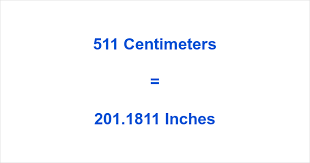What You Need to Know About Sub Soil Compaction For a Paver System - All Nashville Hardscape Contractor
The base of a patio is just as important as the Nashville Hardscape Contractor itself. If prepared and installed incorrectly the base could lead to future failure of the paver system.Nashville Hardscape Contractor on what part of the country you are in you will have to take different approaches to sub soil compaction for your paver base. There are a lot of different soil types but to keep it simple I want to focus on soil with high clay content.
My area Hardscape Contractor Nashville of mostly a clay mix soil. For a patio or driveway we will excavate a few inches of topsoil followed by sticky clay. It seems like this clay is pretty hard and a stable enough base for a patio. The fact is that when water is introduced it is a slimy mess and will squeeze different directions to escape pressure. Having a heavy paver system place on top of it can lead to failure over the years.
How do we manipulate the soil so that it is a stable enough platform for pavers? Simple, through proper compaction.
Every Nashville Nashville Hardscape Contractor has a vibratory plate to compact the base and set pavers into sand. The problem is this type of compactor is not sufficient for the sub soil. A vibratory compactor does just that, vibrates. It exerts a a low amplitude and high frequency. Most range from 1500-5500 Hz. On Grade 8 gravel and other base materials is shakes the stone to fit into each other through the many small hits it produces. Clay is not angular like the base stone and will not settle into itself through vibrations.
A rammer or jumping jack type Nashville Hardscape Contractor is what should be used to compact clay. Rammers use low frequency(700-2300Hz) and high stroke blows to compact material through force. It is like taking a sledge hammer and smashing it into the clay compare to a plate compactor which just drops a small weight many times.




Comments
Post a Comment